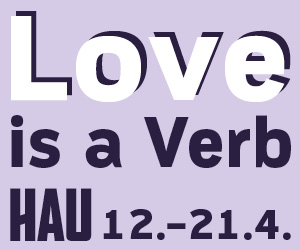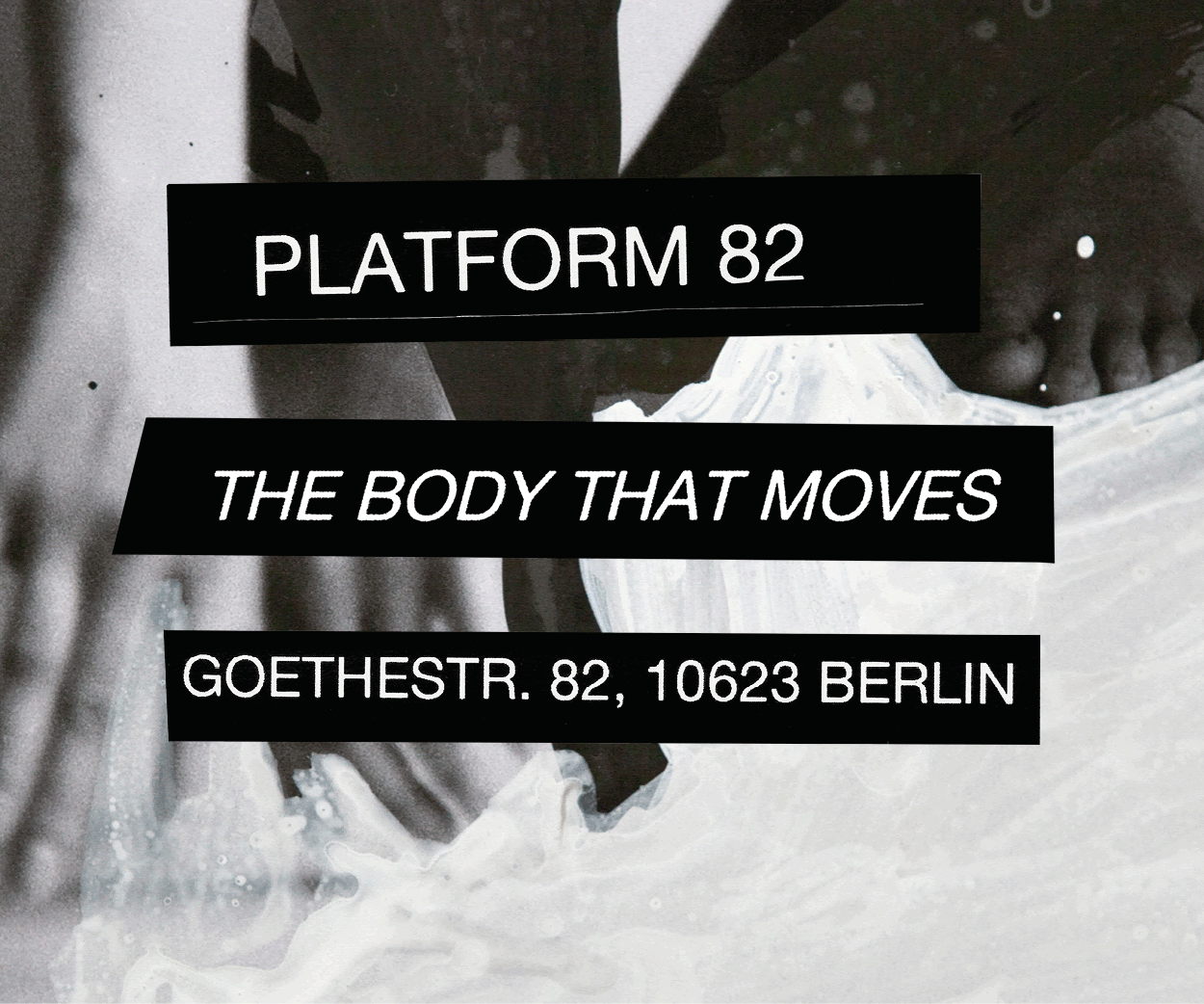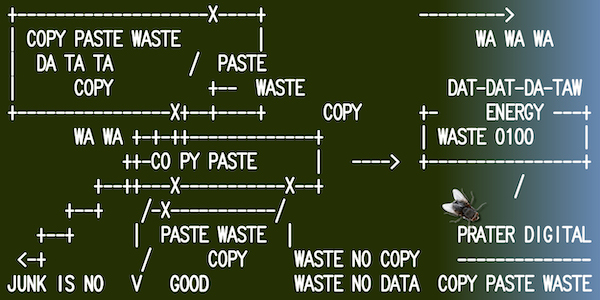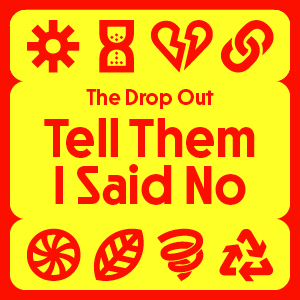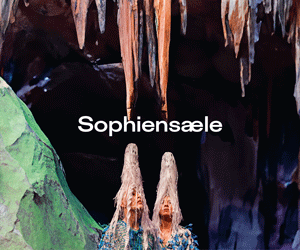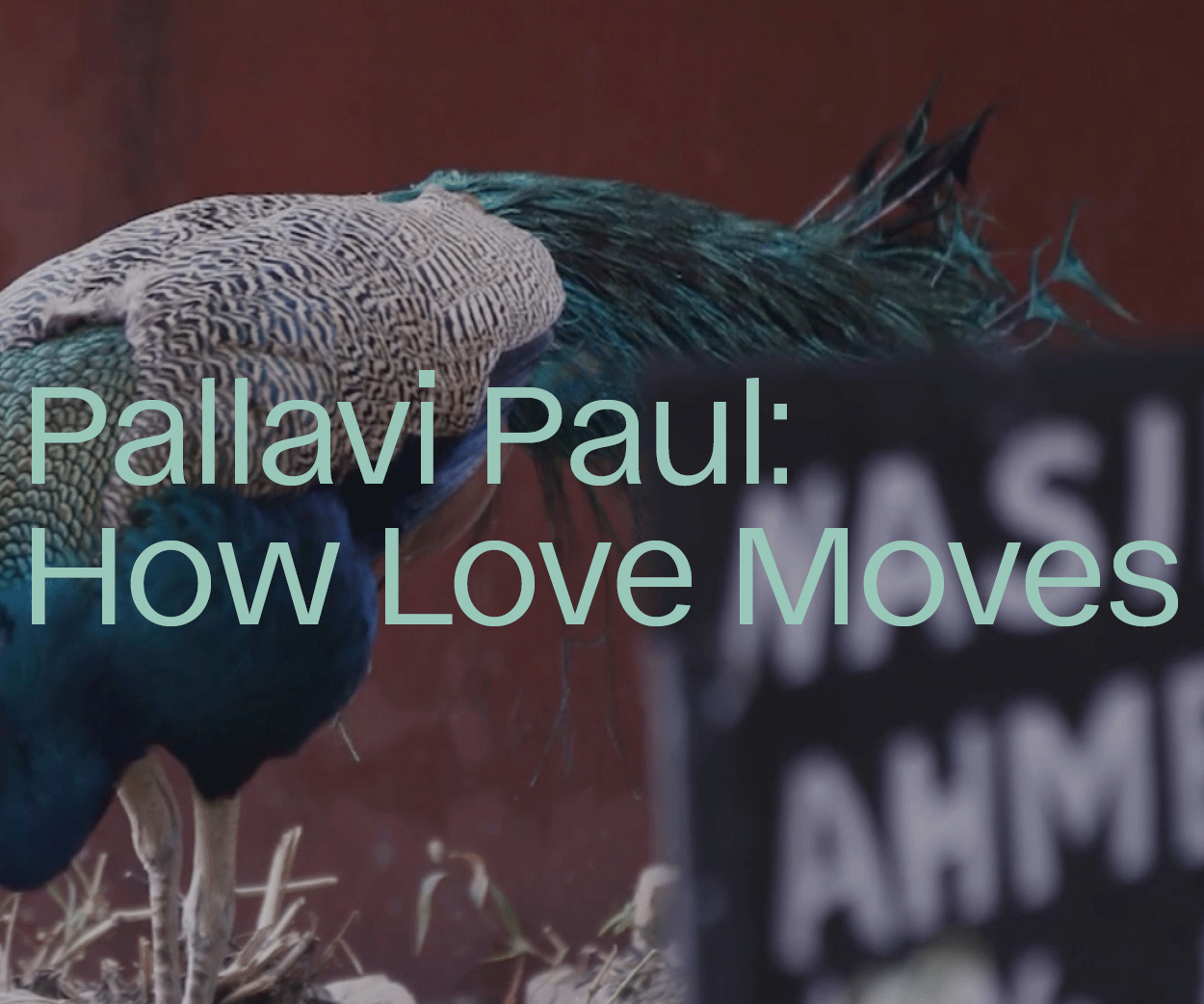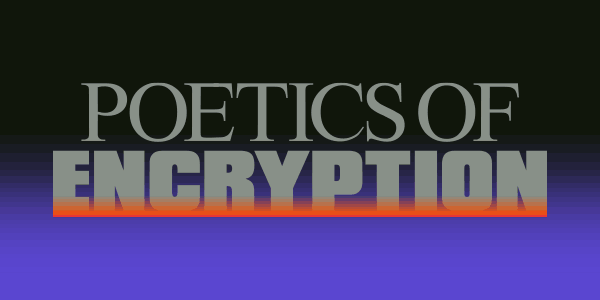Article by Alison Hugill // July 25, 2018
This summer, a proliferation of exhibitions have opened simultaneously but independently, each exploring the common theme of queer feminisms from vastly different angles. From the work of well-known Austrian artist Valie Export and Cuban-American artist Ana Mendieta—whose second wave video works, performances and photography shaped a generation of women reclaiming the body from patriarchal mass media and the gender-skewed world of artistic representation in the 1960s—to contemporary works by women*, queer and non-binary artists fully saturated by the heightened concerns about the gaze in post-internet ideology and social media.
The different curatorial approaches to presenting these artists and positions reflects the content of the work and where the artists have come to stand within a cis-male-dominated art historical canon. On one end of the spectrum, Valie Export’s first representative exhibition of works and archival materials at a German institution in 15 years, now on view at n.b.k., is approached with an academic precision that is telling of her ascension over the years to a place of historical import, as well as her personal engagement with complex theoretical positions.
The text-heavy, vitrine-style presentation places the artist within a discourse that views her work as already historicized. Yet, the inclusion of several formative works—such as a full-wall projection of her aesthetically captivating video piece Syntagma (1983), next to framed photography works Ontological Sprung/Arm (1974) and Empty Windshields (1990)—moves the exhibition beyond the purely intellectual realm. These works have an iconic feel to them, reminiscent of some classic 80s music videos, that explores the body in relationship to space, creating intense introspective observation using a hypnotic process of doubling, multiplication and division of body parts.
Nearby, at German-Korean project space Diskurs Berlin, the thread of theoretical approaches to feminisms continues in the impressive yet compact group show ‘Kill Mother,’ curated by Jung Me Chai and Marcus Steinweg. As the title might suggest, the exhibition has roots in psychoanalytic depictions of and relationships to the maternal. Korean artist Haegue Yang departs from her usual large-scale installation work to show an intimate written account of a visit from her Korean mother to Germany. Bathroom Contemplation (2000) explores cultural and familial tensions as they intersect. The essays are authored by both Yang and her mother, offering two generational accounts of how each experienced the visit, and leave the reader with relatable feelings about the frustration and complicated, intense feelings between mothers and daughters: the desire to share the day-to-day with the person who was once closest to you, and the realization that, as adults, this closeness cannot be sustained without some kind of necessary and at times violent psychological separation.
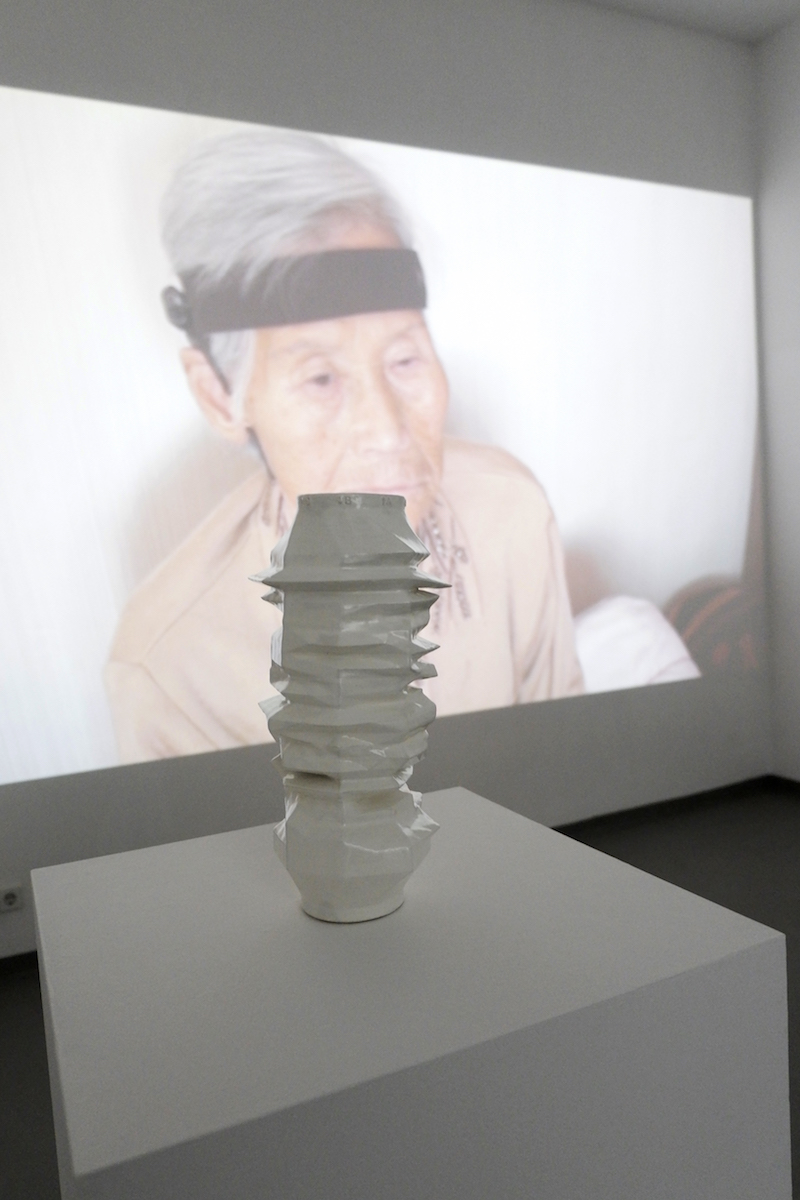
Ka Hee Jeong: Grandmother/Heirloom, 2015 // Photo by Diskurs Berlin
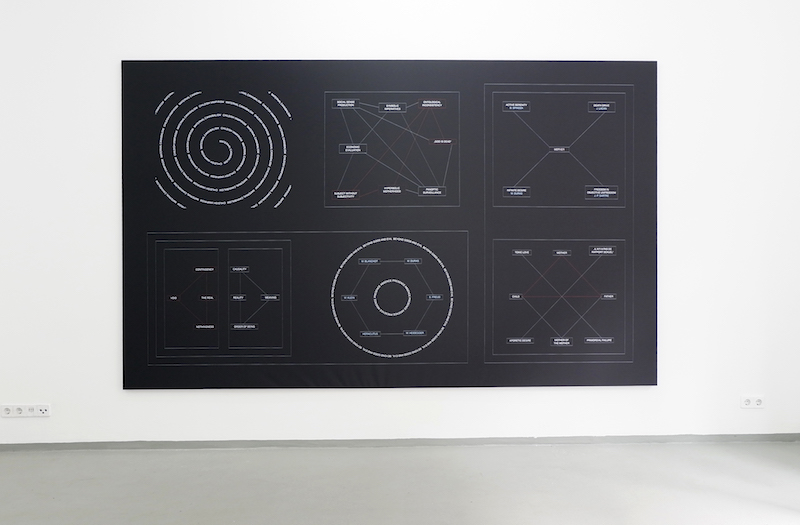
Marcus Steinweg: Diagram: Mother, 2018 // Photo by Diskurs Berlin
Grandmother/Heirloom (2015), Ka Hee Jeong’s video work in ‘Kill Mother,’ explores the artist’s relationship to her grandmother; she monitors and maps her grandmother’s brainwaves while discussing certain memories from the past in an attempt to make tangible these experiences in the form of a 3D printed porcelain sculpture. The short film tells the grandmother’s story of exile and imprisonment, overlaid with contemporary images of the process by which Jeong created the exhibited memory-object.
In the first room of the space, Marcus Steinweg’s schematic work Diagram: Mother (2018) brings together the influences and sources for the curatorial impetus of the exhibition, positioning texts by French thinkers Jacques Lacan, Marguerite Duras and Maurice Blanchot in rationalized shapes and patterns alongside pertinent concepts. The diagram typically orders the artistic reflections on display into digestible theoretical compartments, standing out as a traditionally phallocentric domination over the otherwise emotionally-charged works.
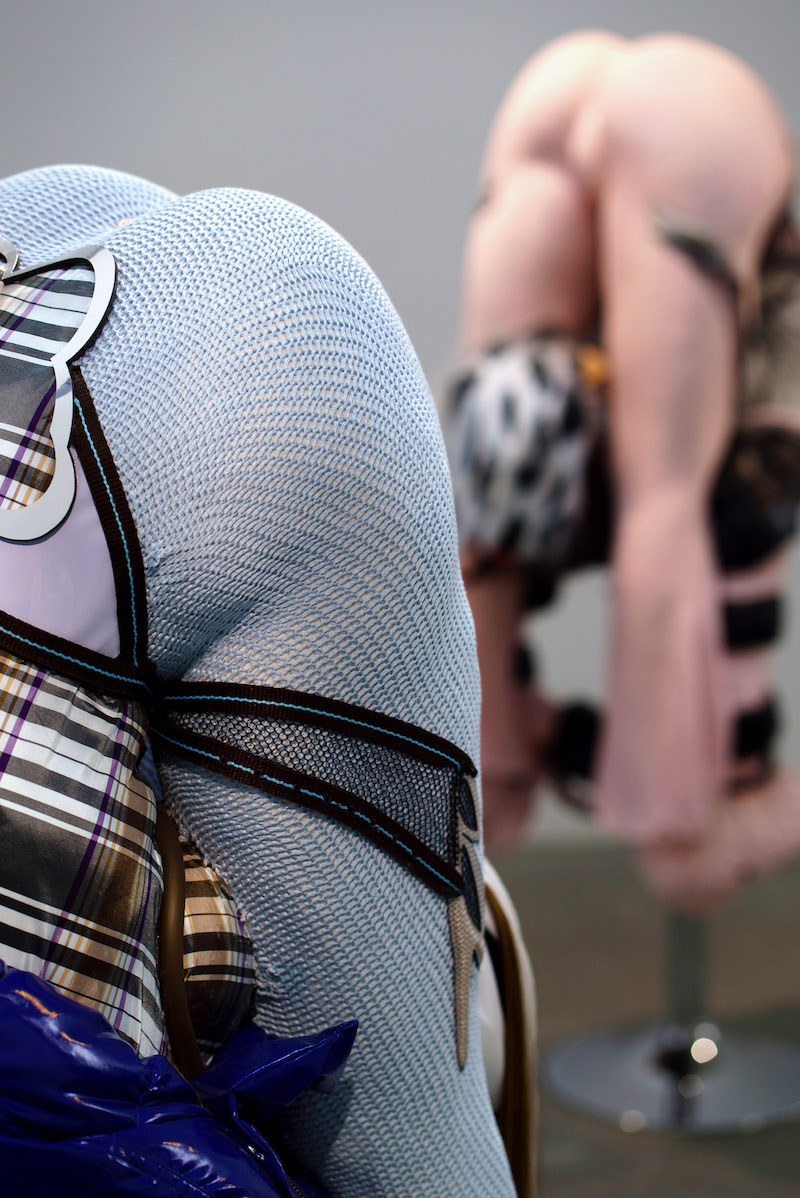
Anna Uddenberg: Focus #1 (target) and Focus #2 (pussy padding), 2018, detail at ‘Lucky’ exhibition, nGbK Berlin // Courtesy of Coven Berlin, photo by Judy Landkammer
At nGbK in Kreuzberg, feminist collective Coven Berlin presents a feat of contemporary curation, bringing together new and recent works by rising stars Anna Uddenberg and Tabita Rezaire, among many others, with relevant and informative political analysis. The exhibition, titled ‘Lucky,’ explores privilege through cultural myths that suggest success and visibility are a matter of luck, asking “but what if you can’t even get a seat at the casino table?” Through the work of 15 artists, focusing on queer and feminist practices, ‘Lucky’ engages with topics ranging from colonial theft and systemic racism to selfie culture and the politics of women*’s health.
Passing through several sections of impressive installation and video works, one of the back rooms of nGbK is devoted to an ever-pertinent exploration of institutions in Germany and how they subtly or overtly do violence to health of women*, trans, non-binary and people with disabilities. Inga Zimprich, of the Feministische Gesundheitsrecherchegruppe, has installed a helpful bureaucratic station where visitors can read over and fill out applications for the KSK (Künstlersozialkasse, or German Artists’ Union), an arduous process made legible. The KSK offers subsidized health insurance for freelance artists and writers, and Zimprich looks closely at the nexus of privilege and precarity required to access this social assistance. Laura G. Jones also muses on sickness and recovery as they relate to privilege and access in her video piece for the exhibition, while collaborators Giegold & Weiß interrogate a series of sinister and near-hysterical laugh tracks recorded at several different Berlin governmental offices, including the immigration office, job center, police stations and Board of Education.
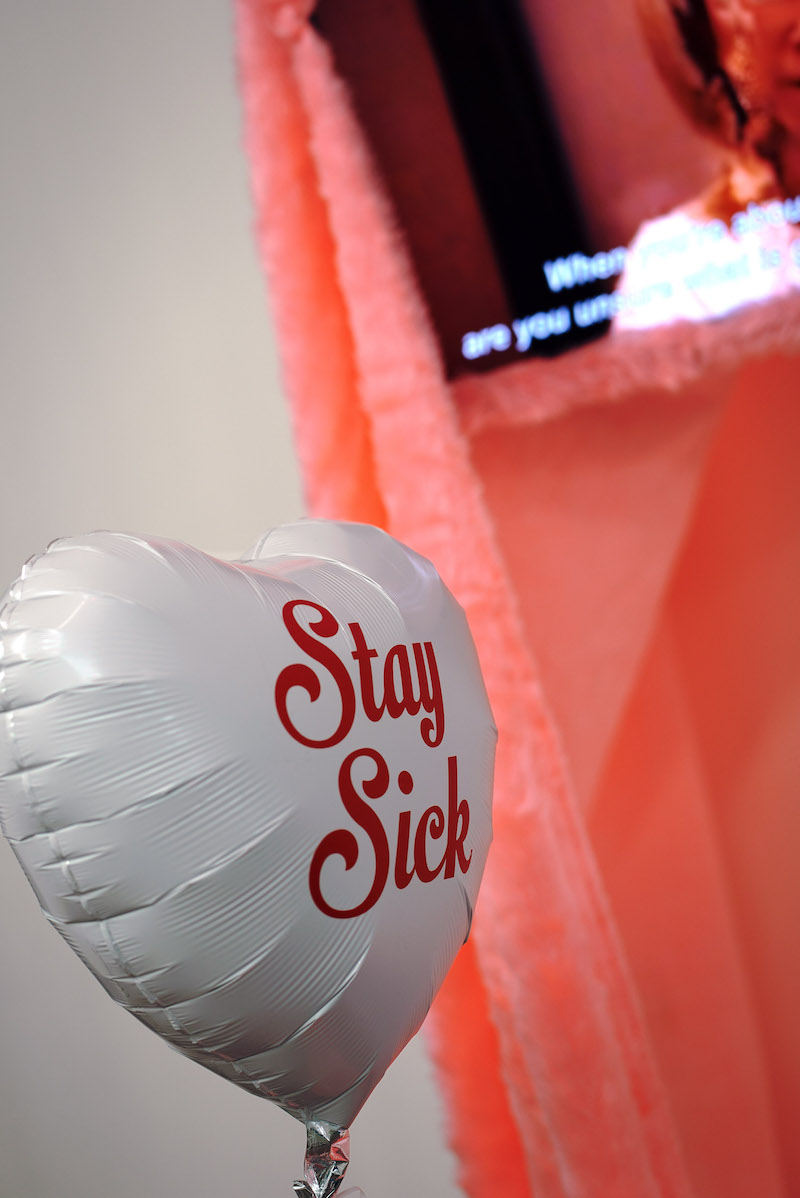
Laura G. Jones: An Ode to Marge Simpson (or how I taught myself to speak again by watching The Real Housewives), 2018, detail from installation at nGbK exhibition ‘Lucky’ // Courtesy of Coven Berlin, photo by Judy Landkammer
Finally, one of the more straightforwardly curated exhibitions on the theme, ‘Queering the Gaze’ at Galerie Futura in Treptow, presents breathtaking portraits of queer African and Afro-diasporic identities by photographers Zanele Muholi and Mikael Owunna. The stark, colourful large-format images are powerful displays of subjects whose lifestyles have been widely criminalized (in their home countries as well as diasporic communities). The exhibition subtly takes critical aim at Western/white feminisms that have ignored the political efforts and histories of these countries in promoting sexual diversity. The two artists’ work meld seamlessly into one another in the gallery space, despite offering glimpses into very different geographical locations: the subjects often return the gaze with an ease and confidence that disarms viewers.
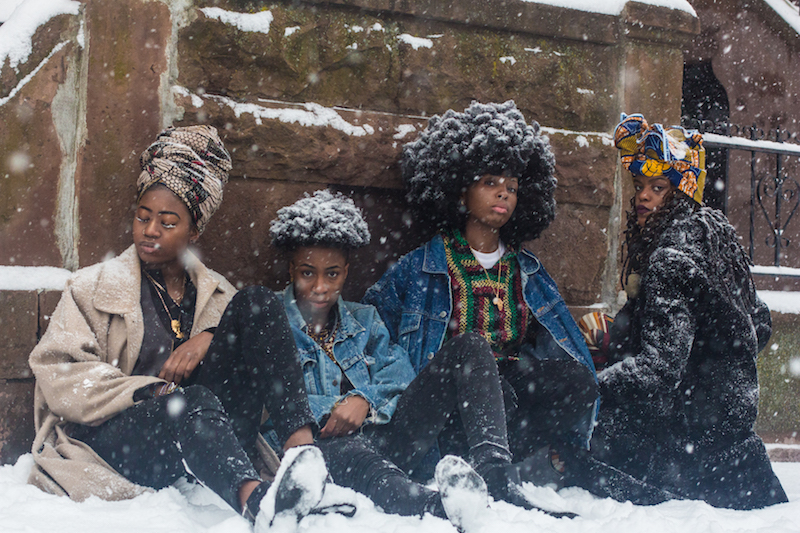
Mikael Owunna, Headwraps: James // Courtesy of galerie futura Berlin

Installation view of ‘Queering the Gaze’ at galerie futura // Photo by Jörg Farys (die projektoren)
While these exhibitions are only a handful of those covering queer feminisms on offer—not mentioning certain sections of the ongoing 10th Berlin Biennale and the upcoming Queer*East Festival of Literature, Music and Performance launching next month (and, of course, only dealing with a fraction of the possibilities that the theme proposes)—they mark an interesting trend in the curatorial outlook of many of Berlin’s galleries this summer.
Exhibition Info
NEUER BERLINER KUNSTVEREIN
Valie Export: ‘Research – Archive – Oeuvre’
Exhibition: June 9 – Aug. 12, 2018
Chausseestrasse 128/129, 10115 Berlin, click here for map
DISKURS
Group Show: ‘Kill Mother’
Exhibition: June 10 – Sept. 30, 2018
Novalisstraße 7, 10115 Berlin, click here for map
NGBK
Group Show: ‘Lucky’
Exhibition: July 7 – Sept. 2, 2018
Oranienstraße 25, 10999 Berlin, click here for map
ALPHANOVA KULTURWERKSTATT & GALERIE FUTURA
Zanele Muholi & Mikael Owunna: ‘Queering the Gaze’
Exhibition: June 27 – July 27, 2018
Am Flutgraben 3, 12435 Berlin, click here for map


